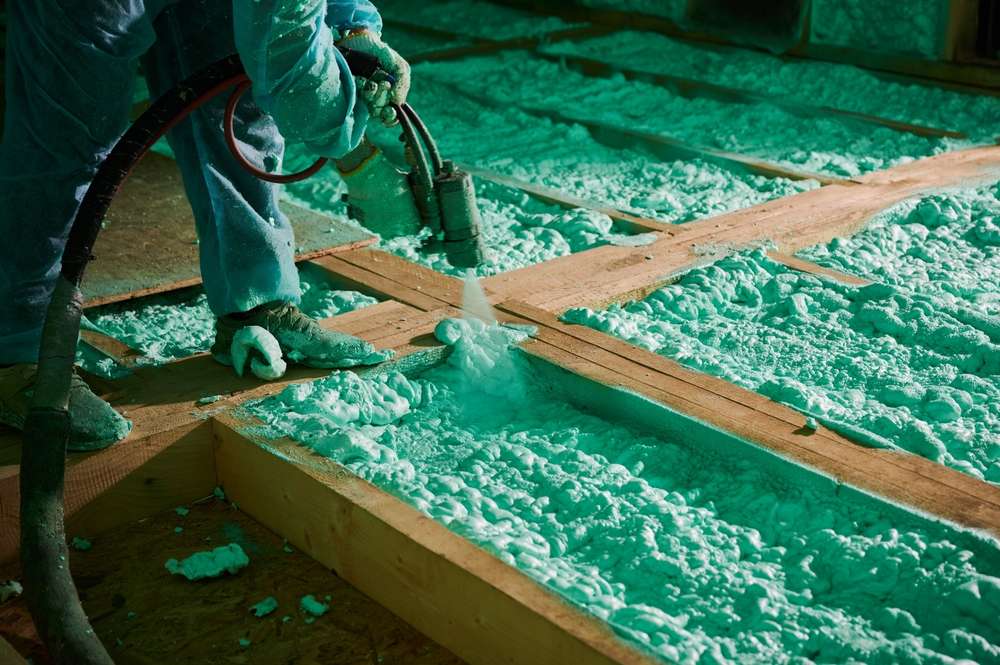Understanding Funeral Costs and Service Options in Singapore
Planning a funeral involves navigating numerous decisions, from selecting service types to understanding associated expenses. Whether considering traditional burial or cremation, families face various choices that significantly impact both the ceremony and overall costs. This guide breaks down the key factors influencing funeral expenses, compares different service options, and provides insights into what families can expect when arranging final arrangements in Singapore.

Understanding Funeral Costs: Key Factors & Breakdown
Several elements contribute to the total expense of funeral arrangements. The primary cost drivers include the type of service selected, venue requirements, casket or urn selection, embalming and preparation services, transportation needs, and documentation fees. Religious or cultural customs may also influence expenses, as certain traditions require specific rituals, materials, or extended services. The choice between burial and cremation represents one of the most significant financial decisions, with each option carrying distinct cost structures. Additional factors such as the day of the week, time of service, and level of personalization can further affect the final bill.
Funeral directors typically itemize charges to provide transparency, though package deals may offer bundled services at reduced rates. Understanding these components helps families make informed decisions that align with both their preferences and budget constraints.
What a Traditional Burial Funeral Typically Costs
Traditional burial services generally represent the higher end of funeral expenses due to multiple required components. These arrangements typically include professional services from funeral directors, embalming and body preparation, use of facilities for viewing and ceremony, a casket, hearse transportation, and burial plot costs. In Singapore, traditional burial funerals can range significantly based on service level and provider selection.
Basic traditional burial packages may start around SGD 6,000 to SGD 8,000, covering essential services with standard options. Mid-range arrangements typically fall between SGD 10,000 and SGD 18,000, offering more choices in casket materials, venue options, and additional services. Premium traditional burials can exceed SGD 25,000, incorporating high-quality materials, extended viewing periods, and comprehensive support services. These estimates exclude burial plot purchases, which vary considerably depending on cemetery location and plot type. Religious requirements may add specialized costs for clergy, ritual items, or specific ceremonial elements.
Prices, rates, or cost estimates mentioned in this article are based on the latest available information but may change over time. Independent research is advised before making financial decisions.
Comparing Cremation vs. Traditional Burial Expenses
Cremation services typically offer more economical alternatives to traditional burial, though costs vary based on service complexity. Direct cremation, the most basic option, involves minimal ceremony and immediate cremation without viewing or formal service. This approach generally costs between SGD 2,500 and SGD 4,500 in Singapore. Cremation with memorial service includes ceremony elements, viewing options, and urn selection, typically ranging from SGD 5,000 to SGD 12,000.
The cost difference stems from several factors. Burial requires purchasing and maintaining a plot, which represents a substantial ongoing expense. Caskets for burial are generally more expensive than those used for cremation, as they must withstand ground conditions. Embalming, often necessary for burial with viewing, adds professional service fees. Cremation eliminates plot costs and reduces material expenses, though families may still choose elaborate urns or columbarium niches. Environmental considerations and space limitations in Singapore have made cremation increasingly common, with practical and financial benefits contributing to this trend.
| Service Type | Provider | Cost Estimation (SGD) |
|---|---|---|
| Direct Cremation | Singapore Casket | 2,800 - 4,200 |
| Cremation with Service | Ang Yew Seng Funeral Parlour | 5,500 - 9,000 |
| Traditional Burial (Basic) | Nirvana Memorial Garden | 8,000 - 12,000 |
| Traditional Burial (Premium) | Cassia Resorts | 15,000 - 28,000 |
| Columbarium Niche | Kong Meng San Phor Kark See Monastery | 3,000 - 15,000 |
Prices, rates, or cost estimates mentioned in this article are based on the latest available information but may change over time. Independent research is advised before making financial decisions.
Exploring Funeral Home Service Packages & Options
Funeral homes in Singapore offer various package structures designed to accommodate different needs and budgets. Standard packages typically bundle core services including professional coordination, body preparation, basic casket or cremation container, venue arrangements, transportation, and documentation assistance. These comprehensive offerings simplify planning by providing predetermined service combinations at set prices.
Customizable packages allow families to select specific elements while maintaining some structure. This flexibility enables personalization without requiring complete à la carte planning. Premium packages incorporate enhanced features such as superior casket materials, extended facility usage, additional vehicles, elaborate floral arrangements, and comprehensive memorial materials. Some providers offer cultural or religious-specific packages tailored to Buddhist, Taoist, Christian, Muslim, or Hindu traditions, ensuring appropriate rituals and customs are observed.
When evaluating packages, families should carefully review included services versus additional charges. Questions about staff availability, facility quality, transportation coverage, and documentation handling help clarify what each package truly encompasses. Comparing offerings from multiple funeral homes provides perspective on market rates and service standards.
Beyond the Funeral Home: Other Funeral Expenses
Numerous costs exist outside direct funeral home charges. Death certificates, permits, and official documentation require government fees, typically totaling several hundred dollars. Obituary notices in newspapers or online platforms carry publication charges. Floral arrangements for the service and graveside may cost from SGD 200 to over SGD 2,000 depending on quantity and complexity.
Catering for post-service gatherings represents another significant expense, particularly for larger attendances. Memorial items such as prayer cards, guest books, photo displays, and video tributes add to overall costs. If the deceased requires repatriation or transportation across significant distances, specialized services and permits substantially increase expenses. Cemetery or columbarium maintenance fees may apply annually, creating ongoing financial obligations.
Professional services beyond funeral directors might include grief counselors, estate attorneys, or financial advisors to assist with post-death arrangements. Religious or cultural specialists may charge for conducting specific rituals or ceremonies. Families should budget for these supplementary expenses when planning overall funeral costs, as they can collectively add thousands of dollars to the final total.
Making Informed Decisions About Funeral Arrangements
Planning funeral arrangements requires balancing emotional considerations with practical financial realities. Advance planning offers significant advantages, allowing individuals to research options thoroughly, compare providers, and make decisions without time pressure or grief-induced stress. Many funeral homes offer pre-planning services where individuals can select and even pre-pay for arrangements, locking in current prices and relieving family members of difficult decisions during mourning periods.
Transparency remains crucial when working with funeral service providers. Reputable establishments provide detailed written estimates, clearly itemize charges, and explain all costs before commitments are made. Families should feel comfortable asking questions, requesting alternative options, and taking time to consider choices. Understanding that funeral expenses represent significant financial commitments empowers families to seek arrangements that honor their loved ones while remaining within realistic budgets. Cultural and personal values should guide decisions, with financial considerations serving as practical parameters rather than primary determinants.




